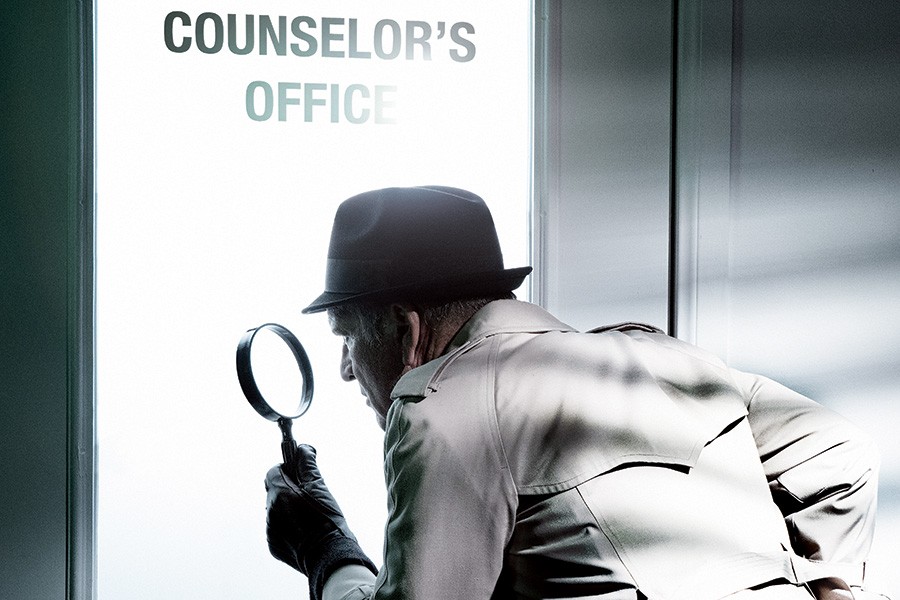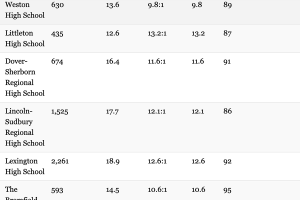Is Anyone Keeping an Eye on College Counselors?
The vast majority of independent college consultants won’t land you in federal court. But in a largely unregulated field, how do you know what’s ethical, what’s not, and when to run away?

Photo by C.J. Burton
To the parents who sought out Rick Singer, his services likely seemed too good to pass up: a college consultant who could get their kid into a top-tier college without great grades or high test scores. But what these incredible opportunities actually came down to was a lot of two things: money and lies. Singer’s firm, the Edge College & Career Network, better known as the Key, used a cunning medley of fudged SAT scores and fraudulent athletic records, among other methods, to sneak wealthy students into elite colleges for the bargain price of hundreds of thousands of dollars.
As the nation learned of Singer’s scheme, it put a spotlight, fairly or unfairly, on the entire field of independent college consultants—begging the questions: Who are these people charging upward of $500 per hour for their services, and how do they help students get those coveted acceptance letters?
Let’s start with this: Independent college counselors aren’t here to sneak your kid into college, but to help guide them through the application process by preparing custom college lists, workshopping essays, and connecting them with tutors.
Think your high school counselor, but with way fewer students to attend to. Rachel Rubin, cofounder of Chestnut Hill–based Spark Admissions, will also “provide opportunities that [students] might not know of” to spice up their résumés, from working on a campaign to volunteering at a hospital. In other words, Rubin will do nearly anything to help her clients, with the exception of one thing: make a promise.
“When counselors promise things that [sound] too good to be true, they probably are,” she says. Unlike Singer’s guarantees, an ethical counselor shouldn’t say, “This is what I’m going to do for you and your child, but this is what I’m going to help you do,” she explains. Beware, in particular, of last-minute assurances: Rubin and many others begin working with kids as early as eighth grade, and she sees this proactivity as an important step in helping them get into their top-choice schools. Another line she won’t cross: writing someone’s essay for them. “The writing needs to be the student’s own,” she says. “It’s the only ethical way.”
The fact is, there isn’t exactly a town sheriff to keep independent college consultants in line. While high school counselors operate under the authority of directors, principals, and district superintendents, the oversight governing independent college counselors is far less formal. There are only a handful of national associations that offer guidelines, including the Independent Educational Consultants Association, which specifies that members cannot “solicit or accept compensation” from schools for placing students, and the Higher Education Consultants Association, which advises that members cannot “guarantee admissions or financial aid results.”
So how can you tell if the educational consultant you’re talking to is legit? National Association for College Admission Counseling president-elect Jayne Fonash suggests asking these questions: Do they keep up with academic trends? Do they belong to professional organizations? Do they attend training regularly? What did they do before they became an independent consultant? A background in high school counseling, she says, is desirable.
Most important, Fonash notes, counselors and families alike need to understand that “this is the student’s application.” That means parents should leave their “I need my kid to get into Harvard” attitude at the door and let their child guide the process. Odds are good they’ll choose a school that fits both academically and culturally as well as, say, a key in a lock.
Read more about how to get your kid into college…legally.

